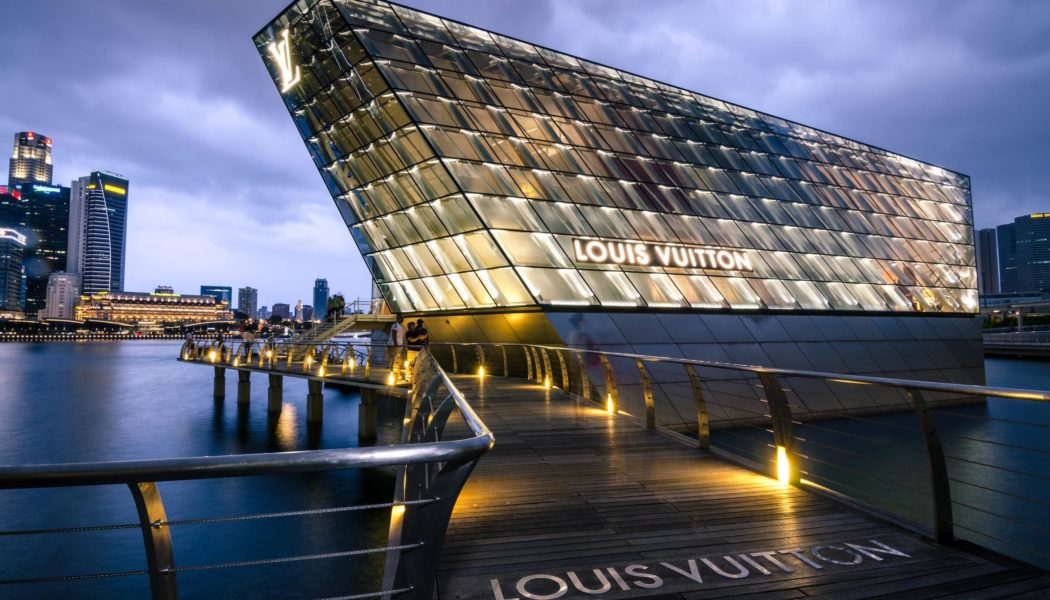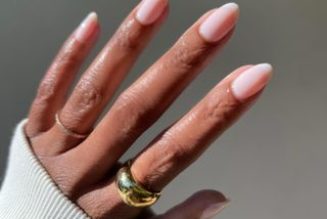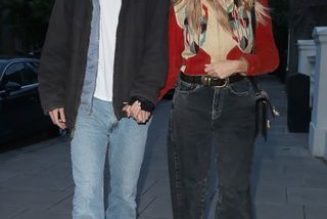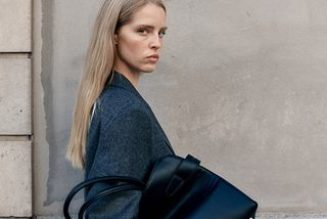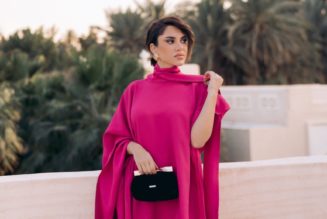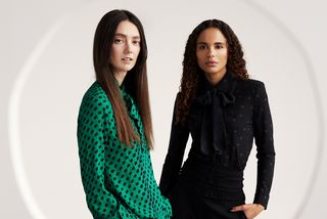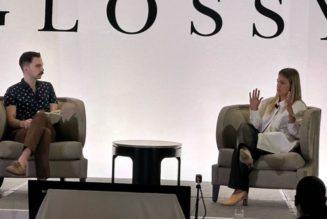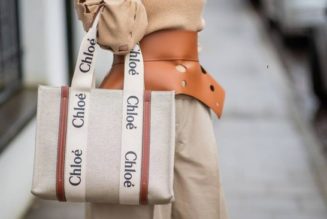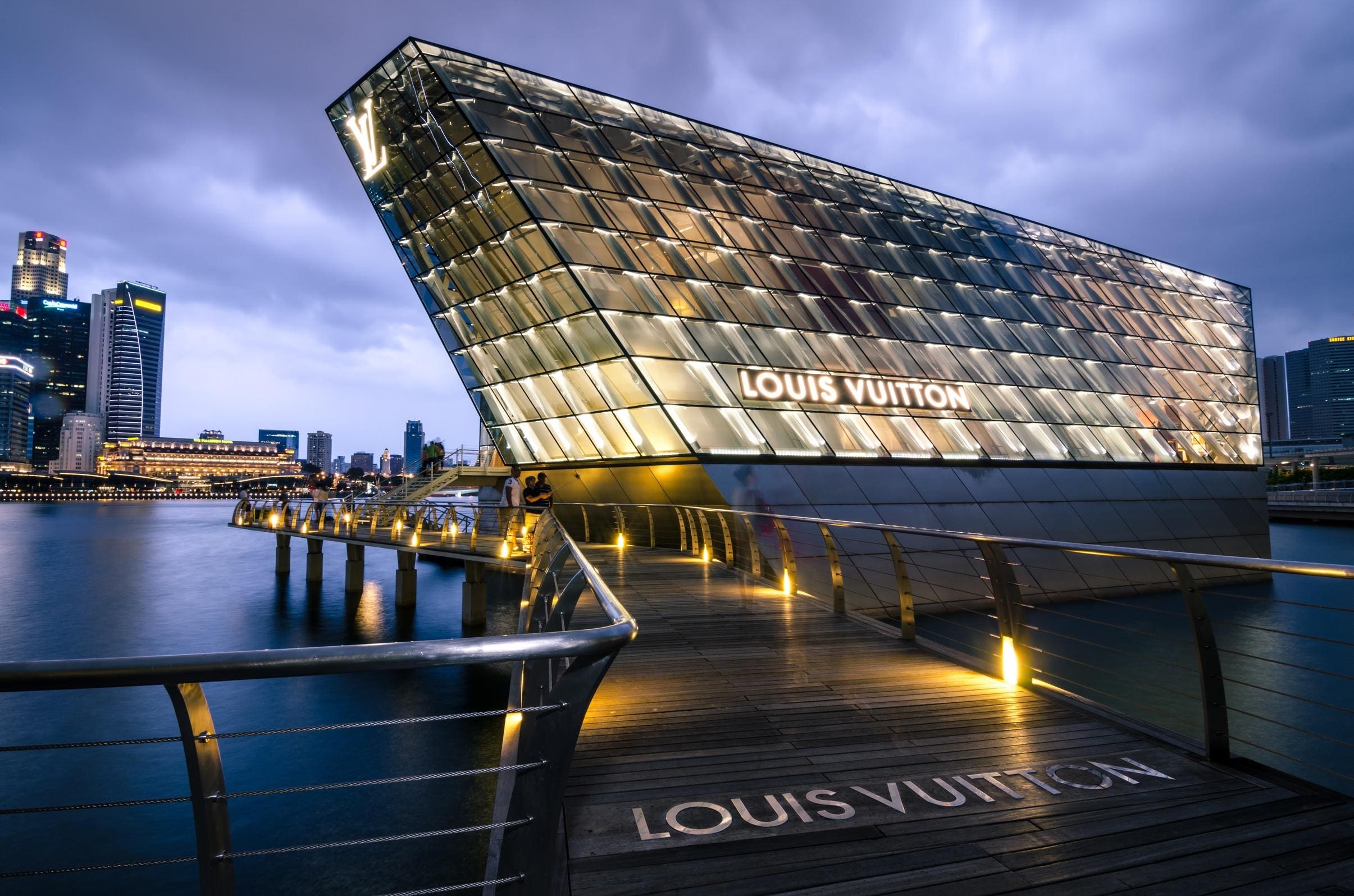
In the opulent realm of luxury brands, a revolution is quietly unfolding, one where the timeless allure of high fashion marries the sharp precision of artificial intelligence (AI). This union is not just transforming how luxury brands operate but redefining the very essence of exclusivity and personalization. From Louis Vuitton to Gucci, AI is becoming the unseen artisan reshaping the tapestry of luxury.
AI: The New Artisan in Luxury Fashion
The world of luxury is built on a foundation of meticulous craftsmanship and attention to detail. AI enters this world not as a disruptor, but as an enhancer of creativity and precision. It’s a tool that complements the human touch, offering insights and capabilities that extend the boundaries of traditional luxury. In the quest for exclusivity, personalization is key, and AI is the new tailor in this domain. Louis Vuitton, a name synonymous with luxury, has embraced AI to offer a more personalized shopping experience. Its LV Virtual Advisor uses AI to provide product recommendations and customer service, making each customer’s journey unique and exclusive.
Artificial intelligence AI research of robot and cyborg development for future of people living. … [+]
Revolutionizing Design with Data-Driven Insights
Luxury brands are leveraging AI to transform the design process. AI algorithms analyze trends, consumer behavior, and even social media to glean insights that inform design choices. Gucci, for instance, has used AI in combination with human creativity to predict upcoming fashion trends and to design new collections that resonate with evolving consumer preferences.
Crafting Sustainability with AI
Sustainability is a growing concern in the luxury fashion industry. Brands are turning to AI to address this, using it to optimize supply chains, reduce waste, and source sustainable materials. AI-driven analytics help in predicting demand more accurately, ensuring that production aligns with actual market needs, thus minimizing excess production.
AI (artificial Intelligence) concept.
Enhancing Customer Experience with AI-Driven Tools
The luxury shopping experience is undergoing a digital renaissance, courtesy of AI. Burberry, a pioneer in digital innovation, uses AI to enhance customer interaction, both online and in-store. Its chatbots and interactive apps provide a tailored shopping experience, blurring the lines between digital convenience and personal touch.
Louis Vuitton: Crafting the Future with AI
Louis Vuitton, a vanguard of luxury fashion, has been at the forefront of integrating AI into its operations. The brand’s commitment to innovation is evident in its use of AI for inventory management and demand forecasting, ensuring that their exclusive products are available to the discerning customer at the right time and place.
AI in Counterfeit Detection: Protecting Brand Legacy
Luxury brands face the perennial challenge of counterfeits. AI comes to the rescue with advanced image recognition technologies that can differentiate genuine products from fakes. This technology not only protects the brand’s integrity but also assures customers of the authenticity of their purchases.
Woman using smart mirror technology in store’s fitting room
Virtual Try-Ons: The New Dressing Room
The pandemic accelerated the adoption of virtual try-on technologies. AI-powered AR tools allow customers to try on products virtually, providing a safe and convenient shopping experience. Dior has experimented with augmented reality (AR) try-ons for accessories, allowing customers to see how a product looks on them without physically trying it on. Likewise, Nordstrom is pioneering digital mirrors, which enables customers to try on an assortment of clothes and accessories via a AR mirror and tapping into AI to showcase selection of products and recommend accessories to the outfit.
Data-Driven Marketing: Crafting Narratives that Resonate Each Customer
AI’s role extends to marketing, where it’s used to create more effective, personalized campaigns. Through AI, luxury brands analyze consumer data to craft narratives that resonate deeply with their target audience. The result is marketing that feels more like storytelling, weaving the brand’s legacy with the aspirations of its customers. For example, AI-powered chatbots and digital assistants are becoming the new concierges in luxury retail. They provide personalized assistance, from styling tips to product information, enhancing the customer service experience. These AI assistants are available 24/7, ensuring that luxury brands are always accessible to their clients. Moreover, leveraging psychology and language analysis from companies like 3XM Technologies, these luxury brands understand their customers like a best friend to do precision marketing. This is beyond micro-segmenting. Through AI, these brands exploit AI to understand which products a customer can be converted on, and, more importantly, the precise messaging on how to speak with them to maximize engagement and conversion. This even boils down to the recommended focus points and words to use to engage each, individual customer.
Augmented Reality Shopping With Garment Visualization Simulation Technologies
The Ethical Implications and Future Outlook
As luxury brands increasingly integrate AI, ethical considerations around data privacy and AI bias is paramount issue. Brands are navigating these challenges by adopting transparent data practices and ensuring that AI algorithms are fair and unbiased. The major concern is level of data capture and use these luxury brands can use. Past purchases is not the issue. However, leveraging information such as time looked at a product (purchased or not), the number of stores visited, targeted advertising based on audio capture, and so forth are major points of contention. Consider how many people have expressed concern on having a non-social media conversation (i.e., in-person) only to be flooded with social media ads directly related to that conversation. This is what plagues luxury brands, and retailers in general, on what is permissible for precision marketing.
A Tapestry of Tradition and Technology
The integration of AI in luxury brands is not about replacing the human element; it’s about augmenting it with technology. It’s a harmonious blend of tradition and innovation, where AI’s precision meets the artisan’s touch. In this new era, luxury is not just a product; it’s an experience, personalized and enriched by AI. As we look to the future, the possibilities are as boundless as they are exciting. In this luxurious symphony of AI and high fashion, every stitch tells a story of elegance, every design echoes with data-driven insight, and every customer interaction is an ode to personalization. The future of luxury fashion is here, and it is intelligently beautiful.
